8 Things You Didn’t Know About Pest Control Services
8 Things You Didn’t Know About Pest Control Services
Professional pest control seems like a straightforward process for most people: a technician comes out and insects the area for specific pest problems, then sprays product and sets traps for the issues at hand. But this is a very simplified version of the whole experience, as there is more to it than we may think. Every step of the process, from the treatments to the technicians to the actual pests, involve a lot of planning and knowledge of the general pests that are experienced in homes and businesses of the area. You are likely familiar with the pest control process as a whole, but did you know these specific facts? Let’s find out!
Ant Baits are Worth the Wait
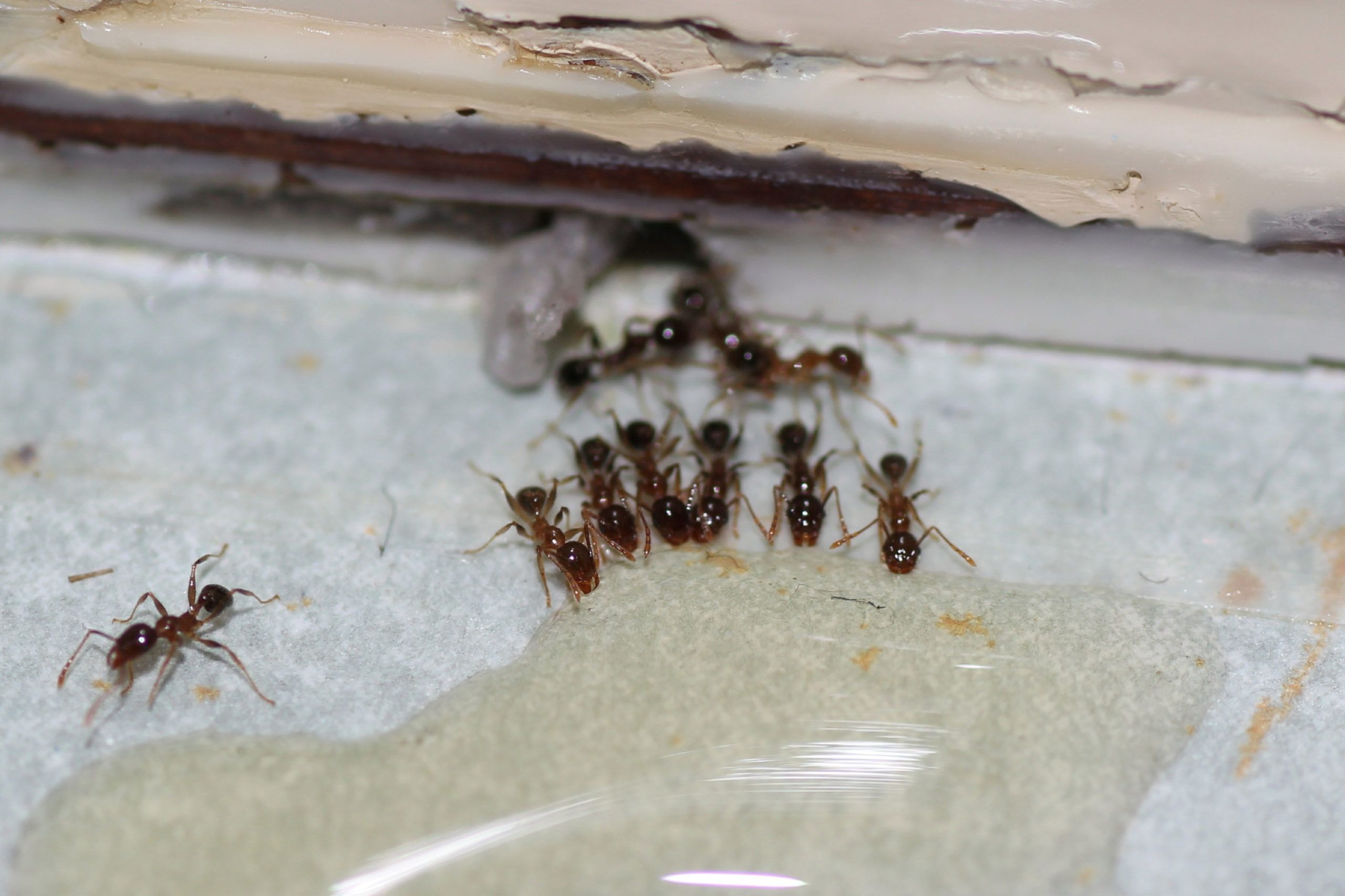
One of the most frustrating pests are ants of any kind. They don’t usually bite us, except for those feisty red ants, but they invade in huge numbers to gather food for their even larger colony. This is why people who experience these infestations want the pests gone immediately, which is completely understandable. Unfortunately, ants are not the kind of pest that are eradicated within seconds. Due to their adaptability and quantity of workers, ants can survive different kinds of pest control that don’t attack the colony at the source. This is why just about any pest control technician will use bait in place of typical sprays. This treatment is not typically effective immediately after the service, which is frustrating for the homeowners who just want the ants gone. But this is because there needs to be time for the worker ants to bring the poisonous bait back to their nest for it to be effective against the whole colony. Larger colonies need more bait as well, which may take more time to be dispersed among the ants.
But overall, ant baits are worth the wait for the effective results they bring. It’s interesting that worker ants are so persistent and hardworking that they will even bring poison into their homes while transporting food! But if nothing is changing and there are still ants marching into your home several days later like nothing happened, contact your pest control services to have a technician search for the underlying issue.
Training and Licensing is Required to Use Pesticides
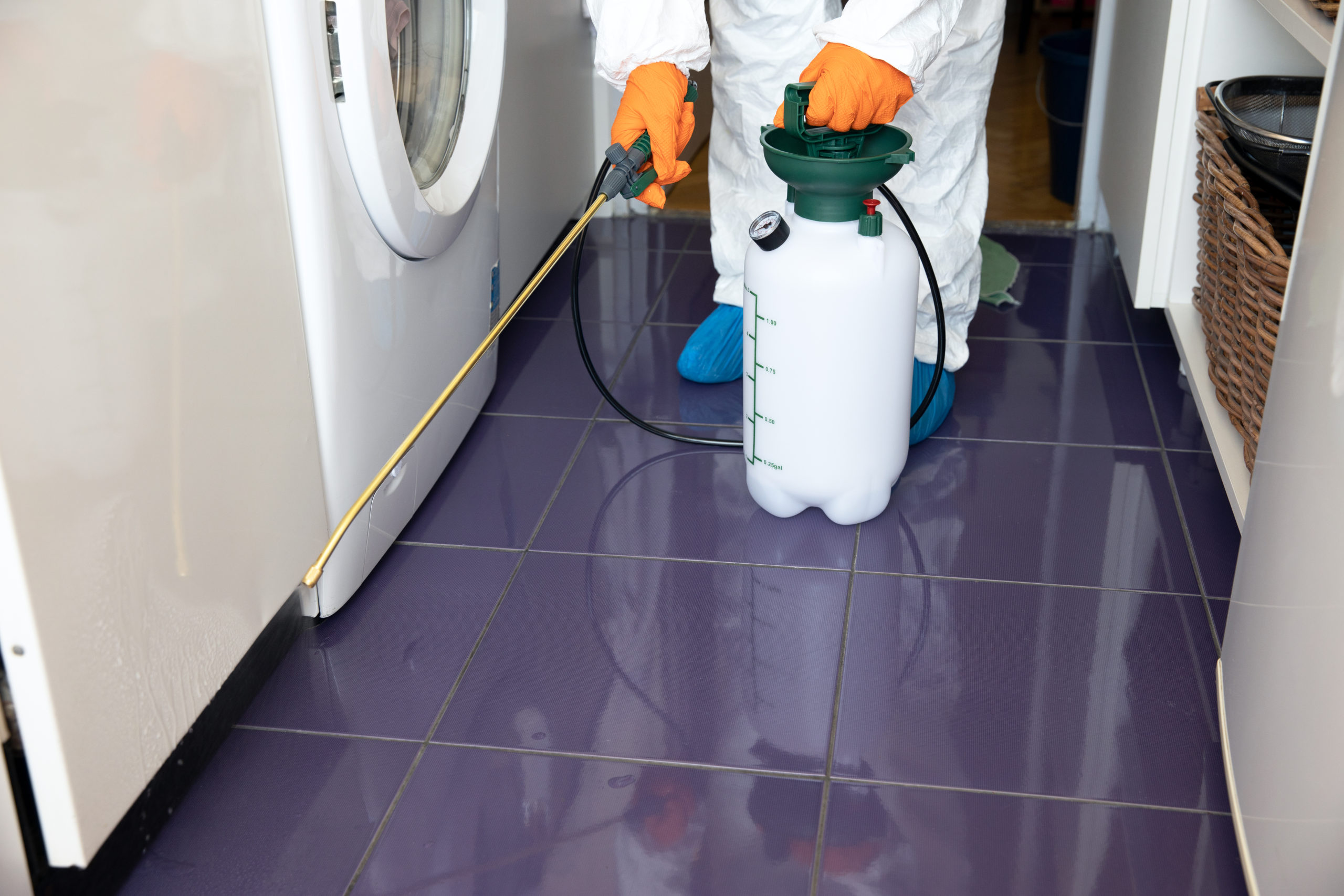
This may not be news to you, but it is still important to include as a fact to remember. Random insecticides and traps that are readily available on store shelves do not require a license, but it is still very important to read the instructions before using. Extensive training and licensing are required when a person is using certain strong pesticides, commercial treatments, treating someone’s property other than their own, or treating a business. Every state has different specific rules for the license requirements, but in Illinois, a license is required to purchase and use pesticides, particularly if the individual is employed to perform this pest control. The strong pesticides that are not sold to the general pubic need proof of license and training before the technicians can use it by themselves, which is a great requirement because you want the person treating your pest problems to be an expert.
Of course, this means that research before hiring pest control services is incredibly important. You don’t want just anyone to come and spray pesticides around your home. Make sure that the technicians have the proper licenses and training to provide pest control, which Pointe technicians do. The shadowing and training that each technician goes through beforehand is crucial in laying the groundwork for them to treat all kinds of pest problems and utilize the most effective treatments possible.
Spiderwebs are Very Informative
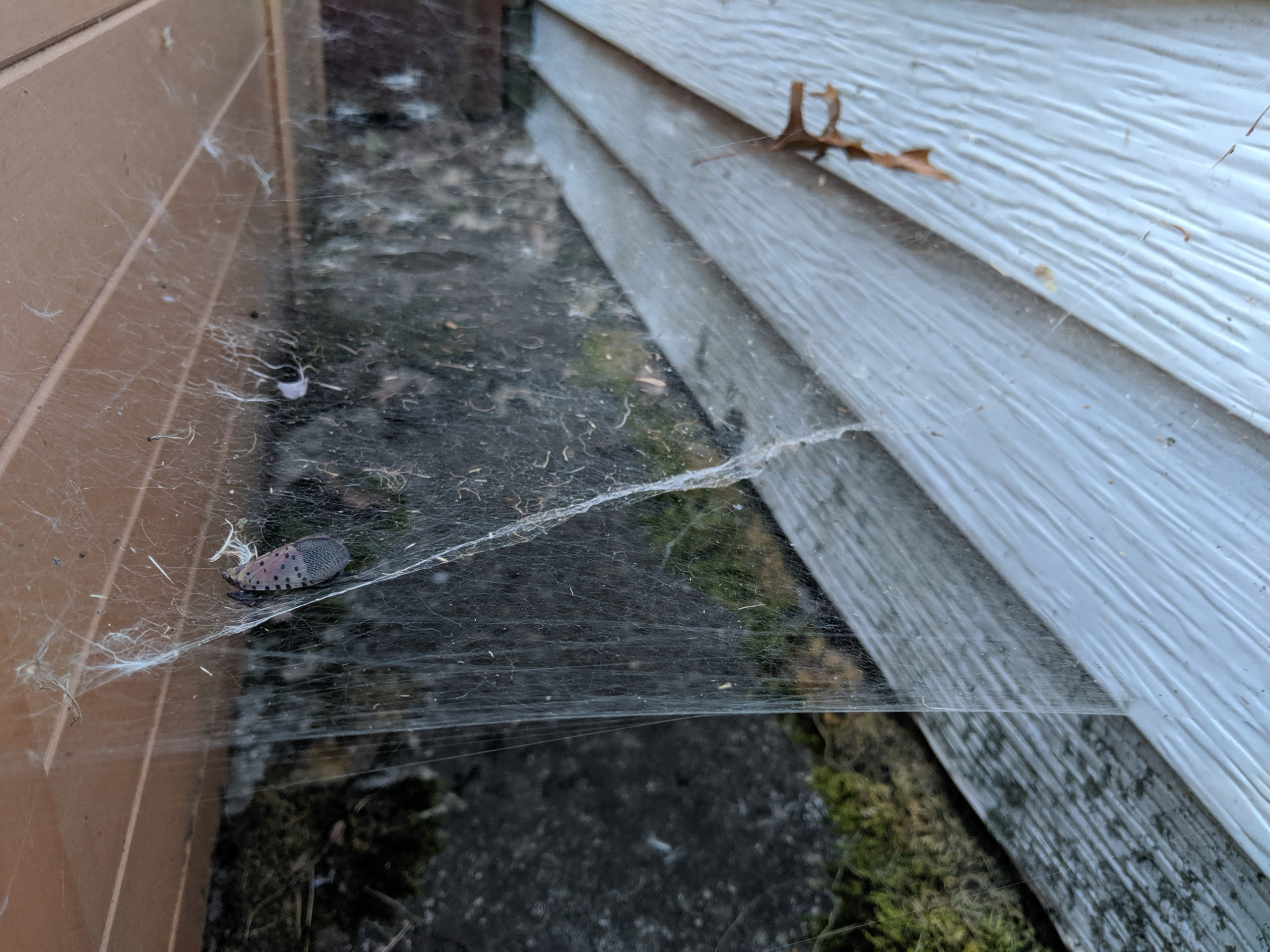
When the average person looks at a spiderweb in their home, they just see a natural Halloween decoration or a gross addition to the corner of the room. But when a pest control technician sees a spiderweb, they see a wealth of information. One such piece of information is the location and population of spiders, as expected. The technician can use the web to see if there are any spiders still living in it, as well as where they have gone and potential areas near the web they could use to get inside the house. Another key information piece is that there is some level of insect activity. Spiders craft their webs where they feel safe and where they know there are plenty of insects around for their food. The technician now knows to inspect the immediate area for other insects in addition to seeing what kinds are caught in the sticky strands of the web.
When the technician then provides treatments and sprays the pesticides, they should be treating for both spiders and insects. Spiders are independent creatures, but that doesn’t mean they live isolated from any other tiny critter. They go where the food is and camp out, which is good for the technicians working to eradicate the pest population around the house. If you see spiderwebs popping up around your home, it may be a good idea to call in the pros and have them inspect the specific areas that are constantly affected.
The Pesticides Used Aren’t as Dangerous as Before

The word “pesticide” can evoke some wariness in people, and understandably so. The chemicals used in pest control decades ago were eventually found to do more harm than good in terms of the health of humans. DDT was thought to be the best synthetic insecticide for termites and other pests after its invention in the 1940s, until it was found that it had very adverse effects on humans who were exposed to it. It has since been severely restricted in many parts of the world and is not widely used anymore, except to prevent and treat malaria-carrying mosquitoes. Because of chemicals like these, it makes sense why many people don’t want chemical treatments anywhere near their home and family. Today, even if a pest control company is not specifically “eco-friendly,” the chemicals are nowhere near as dangerous as last century. It’s still a good idea to avoid the treated areas immediately after and leave the pesticides to the pros, but we don’t have to worry about pesticides like before.
Our team only uses EPA-approved pest control for every pest problem. This means that it is approved by the Environmental Protection Agency for use in homes and businesses. It is effective against pests without the use of dangerous chemicals that would have adverse effects on people and pets. When you hire pest control services, or even just decide to purchase some treatments at the store, make sure the product is EPA-approved to be positive that the treatment is safe for the home.
Technicians Want to Hear Your Questions and Concerns

It can be overwhelming when having pest control technicians visit your home for the services. Unless you already have a solid professional relationship, there may be worries that the actual pest problems won’t be treated, there will be questions left unanswered, or the pests will make an immediate return because something was overlooked. Some services are not as focused on actually answering the client’s specific questions, which can result in further pest issues and a frustrated homeowner who just wants to make sure there won’t be any more pests. But good technicians care about the experience of their clients and want to hear any questions. Our team loves providing suggestions and advice based on the questions you have, as our main goal is always to leave you with a pest-free home for the weeks following the visit. Providing inspections and treatments are great, but we aren’t there every day to see what pests are doing. This is why technicians are open to any questions, so that they can be sure they are not missing anything. There truly is no such thing as a stupid question!
Concerns and observations are also always welcome to good technicians, so it does not necessarily have to be a question. If you have observed specific pest appearances or damage to the house done by little pests, technicians want to know about it. They will still inspect the area and treat for the present pests, but they also want to know what you experience as the homeowner in terms of pests. If you know that every spring brings about an ant invasion or that mice love the attic, make sure to tell your technician if they don’t know that already. The services are meant to keep the home free of pests, which is why it is important for the tech to know the general pest situation every time.
A Pest Invasion Isn’t Indicative of a Dirty Home
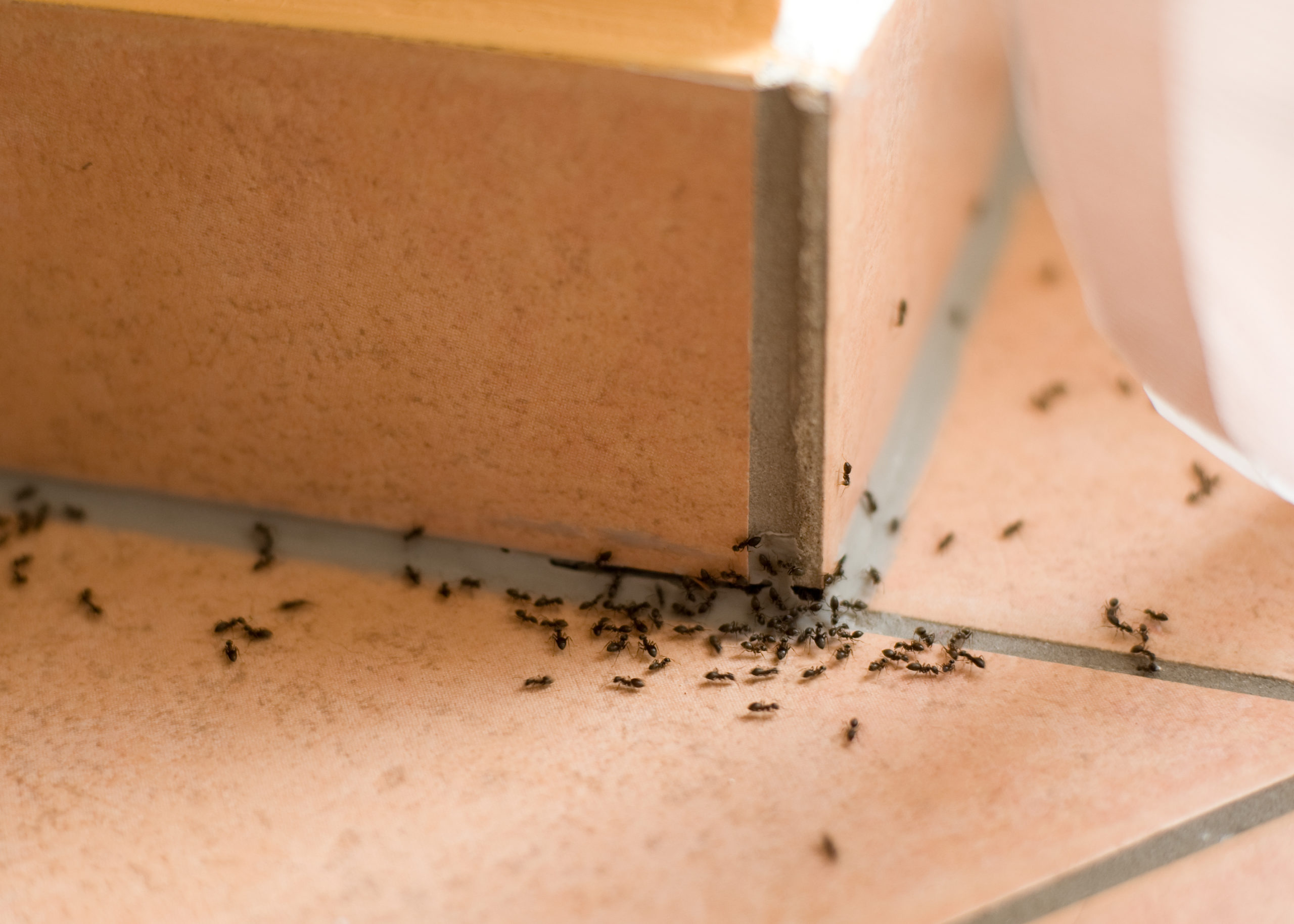
This is a stereotype perpetuated by cartoons and literature, dating back many decades. The image of a cluttered house with dirty pans and crumbs everywhere, crawling with roaches and ants, is not a new creation. But this is not necessarily the truth in real life. It is true that a space with a bunch of clutter everywhere that is left untouched for a long time will invite pests, purely because of the shelter opportunities. The addition of crumbs and food residue definitely doesn’t help to prevent pests of any species. But while a cluttered space may be more susceptible to pests, a “clean” home is not off the hook. Many pests initially invade because of the amazing shelter it provides from any kind of weather, then stay for the food and water provisions. You could have extensively cleaned your house yesterday and find a few pests today, if they found an opening and decided to use it.
This doesn’t mean you should be paranoid of pests at all times. It isn’t everyday that an overall clean home experiences a full infestation. But it is helpful to keep certain pest preferences and habits in mind, just to be safe. Pests generally invade for any combination of three reasons: shelter, food, and moisture. The shelter and food are self-explanatory, but the moisture is an interesting one. Some pests like to stay dry and just need water to drink, while others, like silverfish and earwigs, actually seek out moisture to survive. If you have any leaks or drips, make sure to get them fixed as soon as possible before pests find them. Keeping a clean home is great and certainly helpful, but if you do happen to experience a pest infestation, just know that it doesn’t mean you have a “dirty” home.
The Winter is Not Immune to Pests
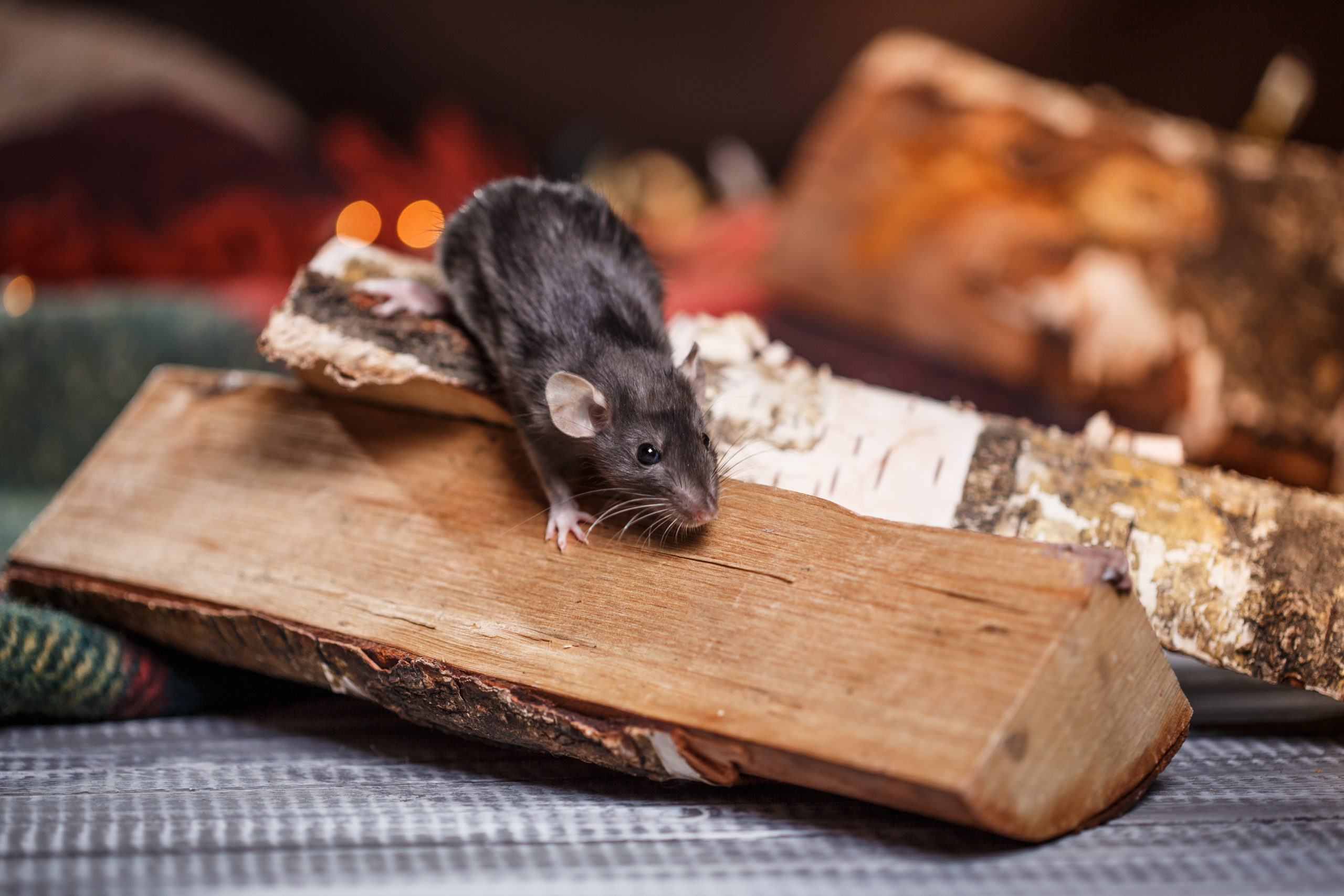
Many of us look forward to the colder months not only for the lack of humidity and sweating that happens, but also because insects are not as prominent in the winter. The various insect species have different preparations for the winter months. The eusocial ones typically all die off except for the queen, other species hibernate together in their home, and others search for an adequate shelter in which to overwinter. No matter which of these may occur in your yard or home, it is still best to have them all treated during the cooler months. If pests are left alone to survive the winter, they will emerge in the spring with a full population and be one step ahead on their presence in homes. This is especially true for colonies with an overwintering queen, as she is the sole reproducer for the whole group. If she is gone, the colony can’t start again in the spring.
Most pests that appear in the winter are there for the shelter, as they are not eating nearly as much as the warmer months. Insects are ectothermic and their energy levels are heavily influenced by the weather, so colder weather tells them that it’s time to rest. This means that they are not actively reproducing during the winter, so at least there is not the worry of constant new insects in the middle of winter. But they are still busy preparing for the spring by resting and potentially finding a space for the new nest. It is much less physically active during the winter, but it is still a good idea to treat any pests before they start getting really active when the weather warms up.
Pest Control is More Than Pesticides

The first thing many people associate with professional services is pesticides, as technicians are licensed to use them for various services. But there is more to every service than just the chemicals that are being used. There are three main categories of treatment: prevention, suppression, and eradication. Prevention is about preventing pests in the first place, suppression focuses on reducing pest populations, and eradication is completely focused on eliminating pests. The stage of services determines the actual treatments used, which is not exclusively pesticides. Traps, baits, exclusion work (sealing holes), inspections, and removing nests are all treatments that effectively take care of the pest problems.
Experienced pest control technicians know exactly which treatments to use and when, as they assess the pest infestation level and species involved. Pesticides will likely be used on some level, but they should not be the only treatment deployed on invasions in the home. Our techs are knowledgeable about all kinds of pests, and are happy to solve pest problems as efficiently as possible. We are always here to answer your questions and address your pest concerns. Contact our team for a free quote and to learn more about how we can keep your home free of pests year-round!
Citations
Allen, S. (2022, January 18). Ask the contractor: Things you didn’t know about pest control. Forbes Home. Available at https://www.forbes.com/home-improvement/contractor/ask-the-contractor-pest-control/ (Accessed on August 26, 2022).
Commercial pesticide applicator / operator training and testing. (n.d.). Illinois Department of Agriculture. Retrieved August 26, 2022, from https://www2.illinois.gov/sites/agr/Pesticides/Pages/Commercial-Pesticide-Applicator.aspx
DDT – A brief history and status. (2022, April 21). United States EPA. Retrieved August 26, 2022, from https://www.epa.gov/ingredients-used-pesticide-products/ddt-brief-history-and-status
Do’s and don’t’s of pest control. (2022, June 1). United States EPA. Retrieved August 26, 2022, from https://www.epa.gov/safepestcontrol/dos-and-donts-pest-control
Request a Free Quote Today
(We do not share your data with anybody, and only use it for its intended purpose)
